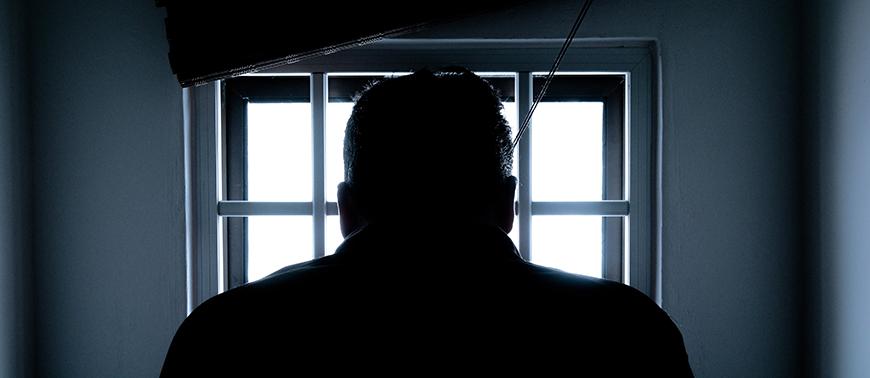
Published: 2024-02-04 by, News Team
Florida's legislative session, which commenced last month, witnessed the introduction of nearly 20 bills targeting the LGBTQ+ community, including SB 1780, which has garnered significant attention for its potential implications. This bill proposes a punitive measure against those who accuse others of homophobic, transphobic, racist, or sexist behavior, even if the accusation holds truth. Under SB 1780, such accusations would be equated to defamation, subjecting the accuser to fines starting at $35,000. The proposal, if enacted, would curtail constitutionally protected free speech rights in the state, raising concerns about the erosion of fundamental liberties.
Observers note that while SB 1780 may face challenges in higher courts, its introduction reflects a broader conservative strategy aimed at stifling criticism of discriminatory behaviors. Critics argue that the bill serves as a litmus test to gauge the legal limits of silencing dissenters in political discourse. Sharon Austin, a political science professor at the University of Florida, highlights a recurring pattern in Florida's legislative process, where extreme bills are introduced, later revised, and eventually passed amid public outcry.
Similar bills like SB 266, which restricts diversity, equity, and inclusion efforts, and HB7, dubbed the "stop woke act," which regulates the teaching of race issues in schools, have faced similar trajectories. Despite initial pushback, these bills were eventually enacted after undergoing revisions to mitigate their extremity.
Howard Simon, the executive director of the ACLU of Florida, characterizes the ongoing legislative session as a "gay bigotry legislative session," noting a concerted effort by conservative lawmakers to advance discriminatory agendas. Notably, the introduction of bills targeting LGBTQ+ individuals, DEI efforts, and free speech reflects a broader attempt to shape Florida's societal landscape.
The potential passage of SB 1780 poses significant implications for free speech rights, extending its reach across various mediums, including print, television, and online platforms. Moreover, the bill's provisions would shift the burden of proof onto the accuser, potentially discouraging individuals from reporting instances of discrimination or hate crimes.
Furthermore, SB 1780's impact extends to journalists, as it could compel them to reveal their sources or face defamation claims. The bill's provisions cast a shadow over journalistic integrity and press freedoms, reflecting a concerning trend of governmental oversight and control over media narratives.
While bills like HB 991, which sought to facilitate lawsuits against journalists, failed to gain traction previously, SB 1780 represents a renewed effort to curtail free speech protections. Howard Simon expresses hope that the Florida legislature will reject such infringements on constitutional rights. However, concerns persist regarding the erosion of democratic principles and the potential chilling effect on public discourse if SB 1780 or similar measures are enacted.
Experience the heartbeat of LGBTQ+ Newcastle like never before! Join our weekly Gay Newcastle Newsletter and immerse yourself in a weekly dose of happenings, exciting events, exclusive news, articles and local Newcastle LGBTQ+ community updates.
SUBSCRIBE TO THE GAY NEWCASTLE NEWSLETTER NOW